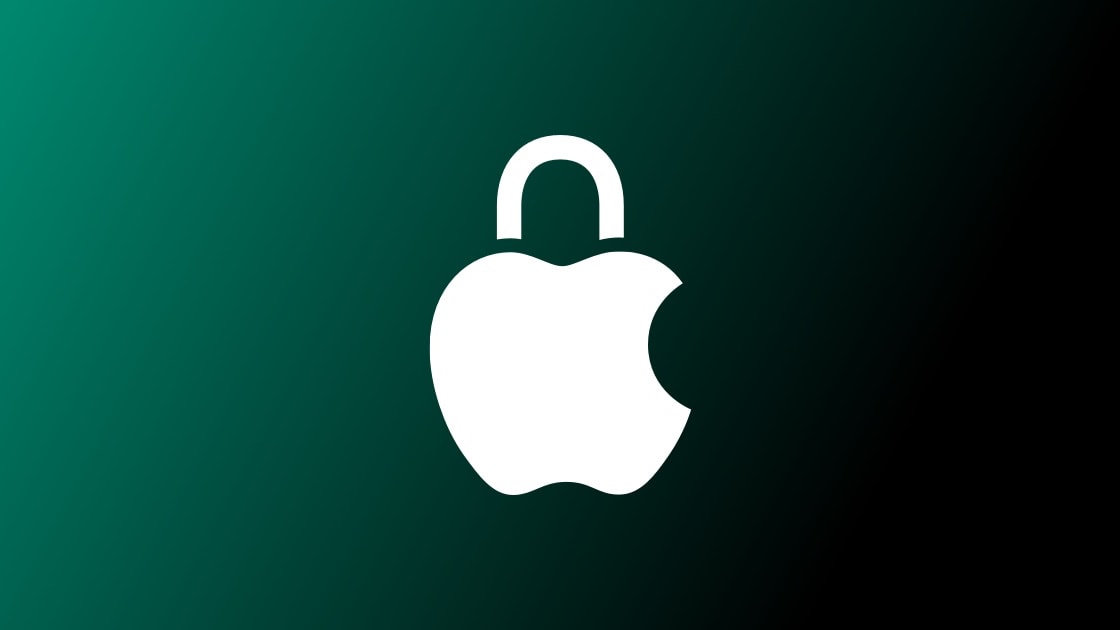A request by former President Donald Trump that Apple help law enforcement access the contents of iPhones owned by men who tried to assassinate him is apparently based on a mistaken idea about how encryption works.
If the contents of the devices are secured by encryption, there’s nothing Apple can do to access them. That’s the very nature of encryption.
FBI can’t access Trump shooter’s iPhone
There have been two attempts to assassinate the former president in recent months. Law enforcement found phones owned by the two shooters but apparently cannot access the contents.
The details of their ongoing investigations are not public. But Trump revealed Wednesday that FBI efforts to pull information out of handsets owned by the would-be assassins have been stymied. And the politician demanded that Apple help.
“They must get Apple to open the foreign apps, and they must get Apple to likewise open the six phones from the second lunatic,” Trump said Wednesday, according to Bloomberg.
iPhone encryption is for keeps
The former president’s demand seems based on a mistaken assumption made by many non-experts. They believe that because a computer can decrypt a message, the company that makes that computer’s software must also be able to decrypt the message. But that’s not how encryption works.
While Trump didn’t list the applications hiding information from the FBI, there’s a good chance one of them is WhatsApp, a widely used instant messaging app. And Meta, the maker of the software, says:
“End-to-end encryption ensures only you and the person you’re communicating with can read or listen to what is sent, and nobody in between, not even WhatsApp. This is because with end-to-end encryption, your messages are secured with a lock, and only the recipient and you have the special key needed to unlock and read them.”
Perhaps the FBI needs access to something in Apple’s iMessage instead. This is also secured by end-to-end encryption, as is FaceTime. Really, everything on an iPhone is encrypted as long as the user has set a passcode. Without that passcode, the contents of the device can’t be accessed.
As Apple says, “End-to-end encrypted data can be decrypted only on your trusted devices where you’re signed in to your Apple Account. No one else can access your end-to-end encrypted data — not even Apple.”
In the past, there have been calls from law enforcement for messaging apps to have a “backdoor” to get around encryption on criminals’ computers. But experience shows that there’s no way to build a backdoor into security software and then keep hackers out. They always get through.
Apple executives regularly call privacy a fundamental human right. That’s why iPhones encrypt the data stored on them. While company executives surely want criminals caught, and future assassination attempts on former President Trump stopped, there’s nothing anyone at Apple can do to change the way encryption operates. If it can be easily bypassed, even by Apple, there’s no point to it in the first place.


